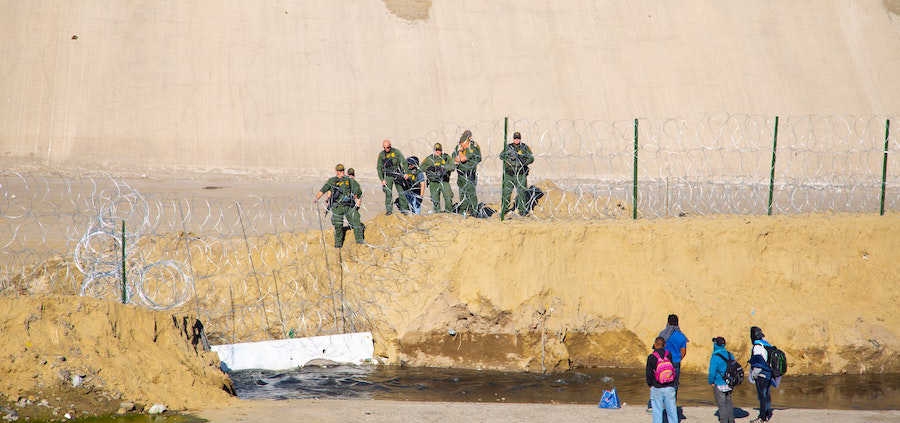Beginning with Reality: The Pope’s Visit to Greece and Cyprus
Two news items from earlier this month beg to be read together. The first, reportage from Pope Francis’s journey to Greece and Cyprus from December 2 through 6, in which the Holy Father once again chose to spotlight the ongoing migrant crisis with both words and concrete gestures. In an address at a migrant reception center on the Greek island of Lesbos, he said pointedly:
Rather than bickering over ideas, it would be better to begin with reality: to pause and broaden our gaze to take in the problems of the majority of humanity, of all those peoples who are victims of humanitarian emergencies they did not create, yet have to endure as the latest chapter in a long history of exploitation. It is easy to stir up public opinion by instilling fear of others. Yet why do we fail to speak with equal vehemence about the exploitation of the poor, about seldom-mentioned but often well-financed wars, about economic agreements where the people have to pay, about covert deals to traffic in arms, favouring the proliferation of the arms trade? Why is this not spoken of? The remote causes should be attacked, not the poor people who pay the consequences and are even used for political propaganda.
The previous day, the pope had stopped reading from a prepared text at an ecumenical service in Cyprus and spoke straight from the heart, and with prophetic fervor, about the plight of refugees who risk their lives to flee those “humanitarian emergencies they did not create” only to be greeted by concrete walls and barbed wire. It was a passionate indictment of those who, through the sins of self-interest, have perpetuated the migrant crisis—as well as those of us who, perhaps not as perniciously, are still guilty of passing over the suffering of our brothers and sisters in silence.
It was difficult not to hear the pope’s words resound between the lines of a story that broke in the New York Times the following Sunday. In the act of launching tens of thousands of bombs and missiles against the Islamic State in Syria between 2014 and 2019, a top-secret American strike cell called Talon Anvil repeatedly killed civilians including “farmers trying to harvest, children in the street, families fleeing fighting, and villagers sheltering in buildings.” Talon Anvil purposefully directed drone cameras away from targets prior to a strike so as to avoid accountability. They repeatedly ignored safeguards and “circumvented rules imposed to protect noncombatants,” instead claiming that nearly every strike was in self-defense. Because there were fewer restrictions on defensive strikes, this allowed them “to move quickly with little second-guessing or oversight, even if their targets were miles from any fighting.” Most disturbing is the image of the strike force operating a fleet of drones from within the confines of a room, detonating—in one horrific moment—a 500-pound bomb and witnessing the resulting 23 civilian deaths through the interface of a computer screen.
In Pope Francis’s ecumenical prayer with the migrants of Cyprus, he compared their testimonies to a “‘mirror’ held up to us, to our Christian communities.” Reading the story of Talon Anvil, we see how we as a nation are complicit in those “well-financed wars” that terrorize entire populations and underlie the migrant crisis. The story is itself another mirror, the public face we have shown the world regardless of how hard our government tries to hide it. We need to look into both of these mirrors—the one to reencounter the suffering Christ, the other to move us to contrition and repentance—if we have any hope of awakening our conscience amidst a culture of indifference.
Michael Centore
Editor, Today’s American Catholic





Leave a Reply
Want to join the discussion?Feel free to contribute!